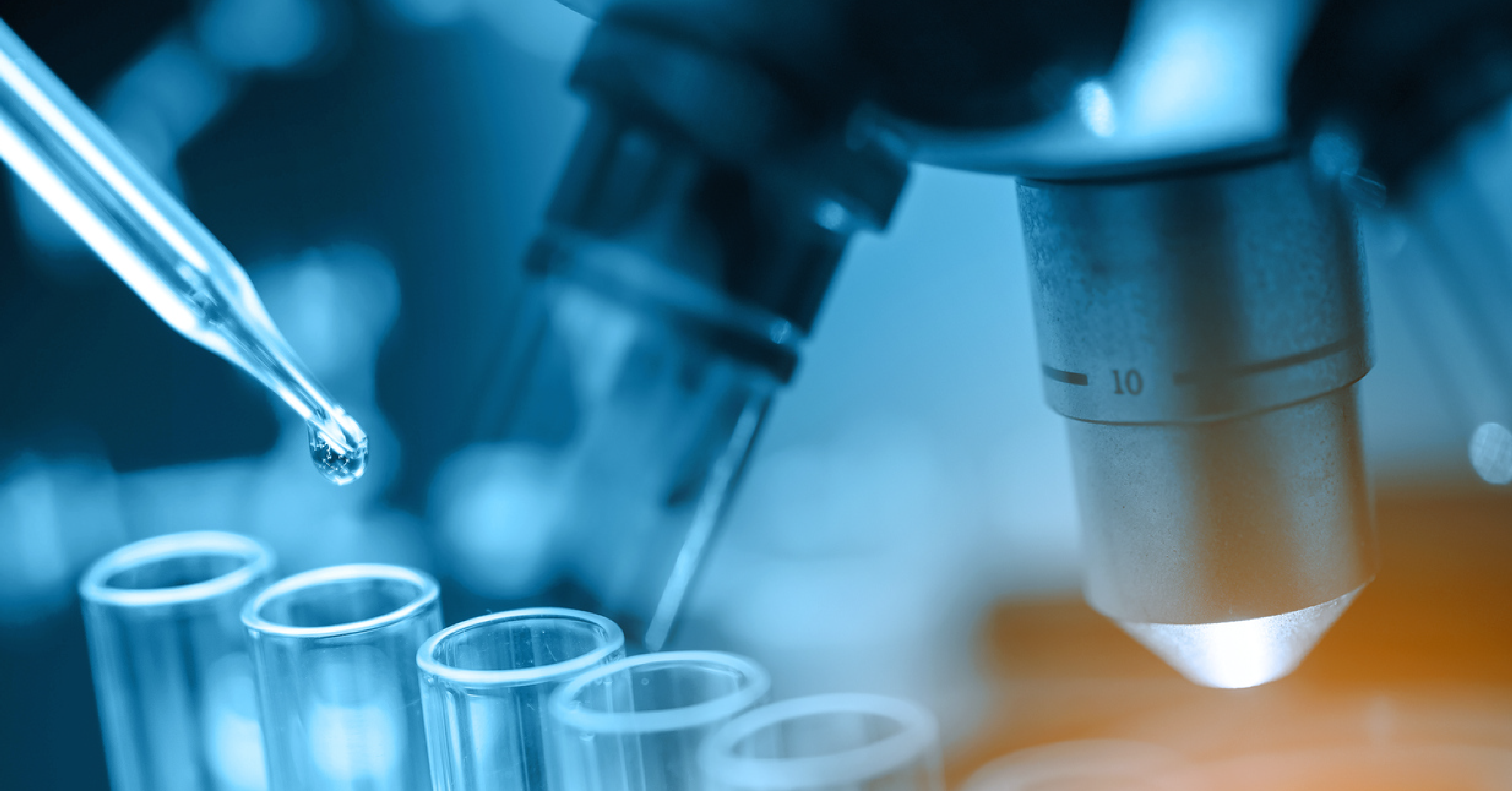February 4 marks World Cancer Day, which aims to raise worldwide awareness, improve education and catalyze action to reimagine a world where millions of preventable cancer deaths are saved and access to life-saving cancer treatment and care is equal for all.
It is sometimes said that after a researcher has studied one cancer patient, he or she is left with the understanding of exactly one cancer patient. No two cancers are exactly alike, and scientists recognize that each patient’s experience is impacted by a variety of unique factors. In fact, the condition broadly referred to as “cancer” is in reality a group of hundreds of different diseases.
Due to these complexities, researching and developing new cancer treatments has long been challenging. While meaningful progress has been and continues to be made against cancer, it is still the second leading cause of death in the United States, accounting for 21% of all deaths. Moreover, cancer remains the number one cause of death by disease for children in the United States.



